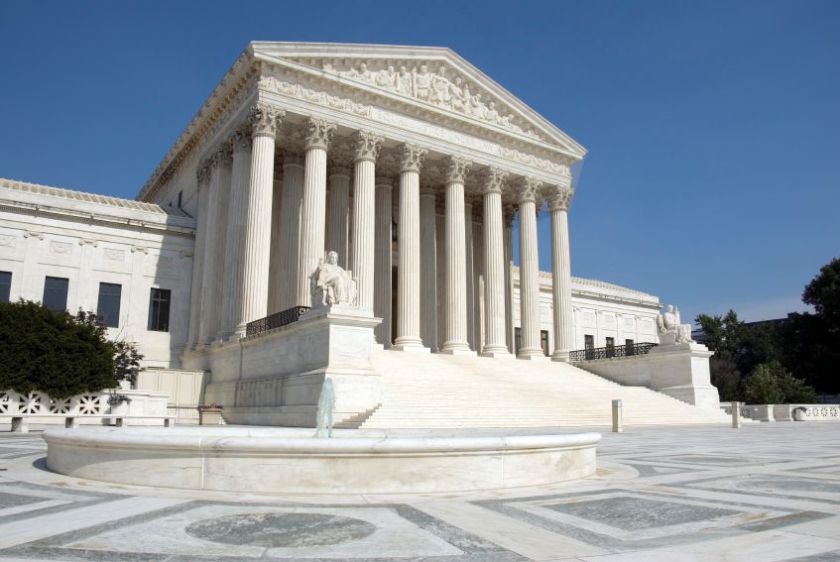Giuseppe Sandro Mela.
2019-05-14.
La Suprema Corte degli Stati Uniti ha concesso di esaminare il problema dell’inclusione o meno della domanda sulla cittadinanza nel questionario del censimento che prossimamente il Census porterà a termine.
«The Supreme Court will decide whether the 2020 U.S. Census
can include a question about citizenship»

Un pensiero riguardo “Supreme Court e Census. – Il punto di vista dei liberal democratici.”
I commenti sono chiusi.